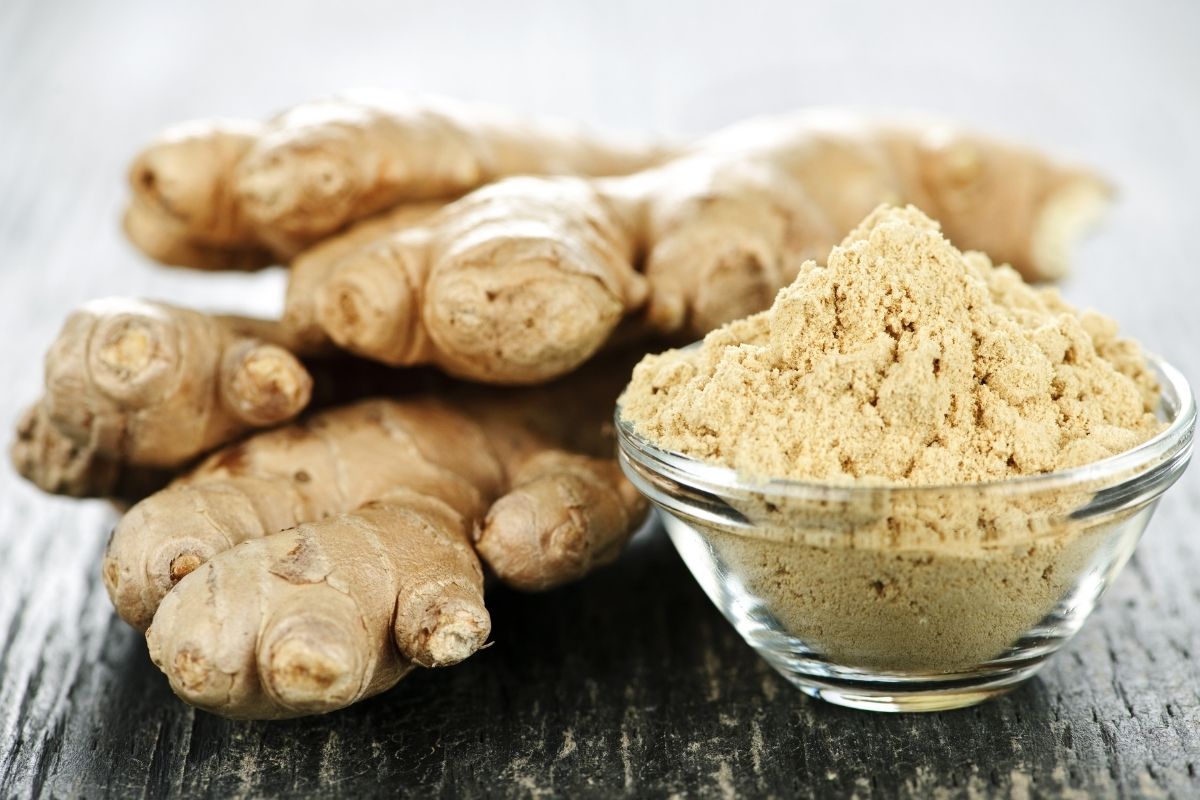
Our immune system is intended to be our bodyguard in the most literal sense. It wards off the bad guys and keeps our body safe from foreign objects. But when the body's immune system becomes overactive and starts attacking healthy parts of the body, you may be diagnosed with an autoimmune disease.
You're likely familiar with the names of some autoimmune disorders, but what you may not know is how to help the body recover from them. They can be tricky to treat because they usually cause a whole range of symptoms including fatigue, digestive issues, joint pain, and swollen glands. While it can be difficult when these processes don't function properly, some natural remedies for autoimmune disease have been shown to help people manage their symptoms and live a normal life.
Common Autoimmune Disorders in Women
Interestingly, women are more likely to be diagnosed with autoimmune disorders than men are. This is because the X chromosome carries many genes that inform the immune system. The more information there is, the greater the chances are that some processes will get disrupted. Some of the most common autoimmune diseases are:
- Rheumatoid arthritis: Rheumatoid arthritis (RA) is one of several autoimmune diseases that is known for its main symptom of joint swelling. But it also causes more widespread symptoms, including fever, fatigue, and swelling in the eyes, heart, kidneys, blood vessels, and other places. Middle-aged women with a family history of rheumatoid arthritis are most likely to develop this condition, along with people who smoke or are overweight.
- Diabetes (Type 1): Unlike Type 2 Diabetes, DMI is usually diagnosed in adolescence when tests show that the pancreas is not producing enough insulin. While diabetes impacts circulation and hormonal functions, it is classified as an autoimmune disease. Symptoms include increased urination, frequent thirst, fatigue, and vision changes. Type 1 differs from Type 2 Diabetes in that this condition is not always preventable. Someone is at risk for developing DMI if they have a family history, live further away from the equator, have certain genetic markers, or are in early adolescence.
- Lupus: This condition causes widespread, or systemic, inflammation with symptoms affecting large body systems. Someone with lupus may experience a fever, rash, joint pain, fatigue, anxiety, depression, hair loss, muscle pain, and a range of other medical concerns. The cause of lupus is still relatively unknown, but risk factors may include a family history, prolonged exposure to sunlight, infections, or certain types of medications.
- Alopecia: Unlike other conditions, the inflammation associated with alopecia is visible. The immune system attacks hair follicles, which causes unpredictable cycles or patches of hair loss and nail changes. A family history is one of the biggest risk factors for alopecia, but it may also occur in pregnant women and those who are malnourished or have a poor diet.
- Multiple sclerosis: Multiple sclerosis occurs when the nerves in the body lose their protective coating, which causes widespread or systemic inflammation that causes pain, vision changes, bowel and bladder issues, depression, anxiety, and a range of muscular difficulties. Multiple sclerosis is more common in middle-aged women, those who have a family history of MS, people who smoke, and those who live in a temperate climate.
- Celiac disease: This condition differs from gluten intolerance in that Celiac disease causes the body to have an immune reaction when someone eats a gluten-containing food. Celiac disease can cause anemia and osteoporosis but the most common symptoms are digestive in nature. Celiac disease can develop in people with a family history, but it may also begin if someone has Type 1 Diabetes or other autoimmune disorders.
- Sjogren's syndrome: Sjogren's syndrome is often found in people with other autoimmune disorders. This condition causes dry mouth and eyes that result from the immune system attacking tear ducts and salivary glands. Women, those over the age of 40, and those with joint-related conditions are at a higher risk for developing Sjogren's syndrome.
- Inflammatory bowel disease (IBD): IBD occurs when there is chronic inflammation in the lining of the digestive system. Symptoms include weight loss, fatigue, diarrhea, stomach pain, and cramping. White, young adults are at the highest risk for IBD, as are people who smoke, have a family history, and take a lot of pain relievers.
Most Common Autoimmune Disease Symptoms
Symptoms are often similar from one autoimmune disorder to another. This is not a surprise since inflammation in large or major parts of the body can spread and have an effect in many other areas. Some of the most common symptoms of an autoimmune disorder include:
- Fatigue: When the body is consistently trying to fight high levels of inflammation, it is normal to experience frequent exhaustion.
- Muscle aches: Muscles keep the body moving, so when they are attacked, they will not be able to function quite as well.
- Fever: A low-grade fever is a common indication of an increase in metabolic activity, which happens when the body is working harder to rid something, such as inflammation.
- Swelling: Inflammation is another word for swelling when the immune response naturally occurs. This usually happens to joints or muscles when blood vessels are leaking fluid into nearby areas.
Herbs That Are Good For Autoimmune Diseases
There are a range of herbs that have been studied for their ability to help manage symptoms related to autoimmune diseases. It's important to note that herbs (or even medications) cannot heal autoimmune diseases, but they can help relieve some symptoms and encourage a healthier lifestyle.
Ashwagandha (Withania somnifera)

This herb has been used for over 3,000 years as part of Asian and Ayurvedic medicine. Ashwagandha tea is especially popular, which is extracted from the leaves and roots of the ashwagandha plant. Ashwagandha has historical uses as a way to flush excess fluid from the body, regulate the immune system, and decrease inflammation. General research supports these uses and shows that it can modulate the immune system and help manage autoimmune diseases.
Best for:
How to use:
Ginger (Zingiber officinale)

Ginger is known as a food additive that makes an appearance in many Asian foods and even drinks, such as teas. It has long been lauded for its antioxidant effects, meaning it cuts down on the amount of harmful free radicals (that cause disease) in the body.
Best for:
How to use:
Sarsaparilla (Smilax)

The taste of this herb has been likened to birch or root beer, which is why it was once used in the United States as a main ingredient in soft drinks. After that phase, it gained notoriety as a way to kill harmful bacteria responsible for syphilis. It remains popular, mainly as a drink, in Southeast Asia.
Best for:
How to use:
Hops (Humulus lupulus)

Hops are a bitter, strong herb that are used to make beer. It is a cone-shaped member of the hemp family. Many people recognize their taste in certain specialty drinks, such as IPAs, but hops were originally used in beer due to their antibacterial properties.
Best for:
How to use:
Yarrow (Achillea millefolium)

Yarrow is an herb that's over 60,000 years old. It was first used by war medics to stop the bleeding and help treat wounded soldiers. In medieval times, herbs were even rolled up and put in the nostrils to stop nosebleeds.
Best for:
How to use:
While these herbs cannot cure autoimmune disorders, they can be incorporated into your daily routine to support a healthy lifestyle. In addition to an anti-inflammatory diet, natural remedies with anti-inflammatory properties can help relieve symptoms such as pain, stiffness, fatigue, and digestive issues. By staying away from inflammatory foods such as fried snacks and greasy meals, avoiding inflammatory substances such as recreational drugs and alcohol, and using natural remedies as recommended, you can improve your ability to manage an autoimmune disorder in the long-term.







































































 TOP
TOP



